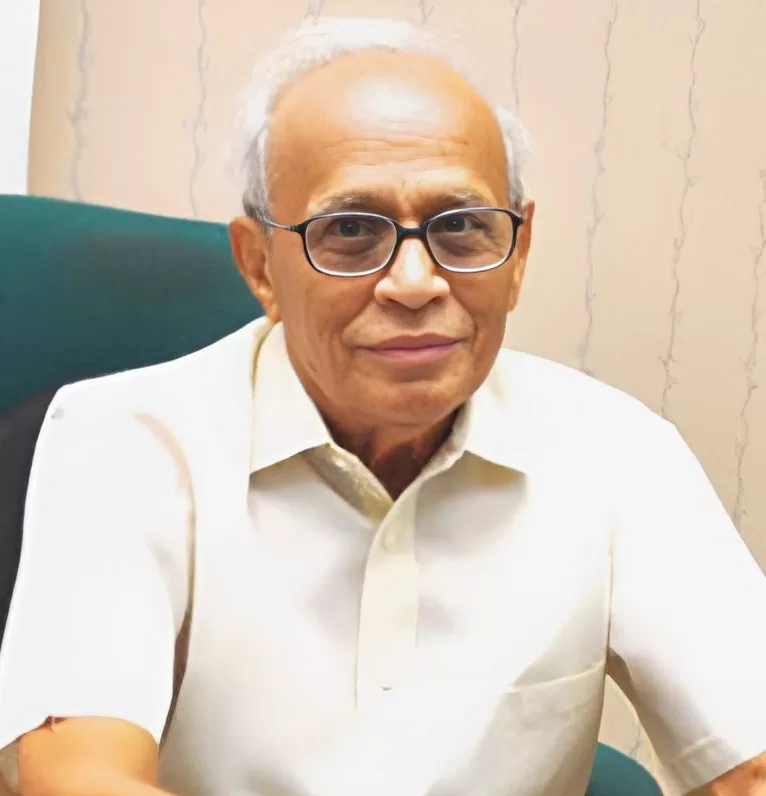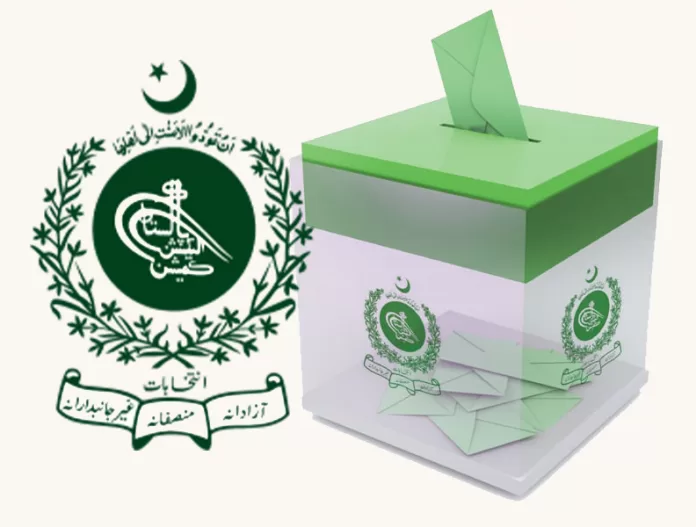Pakistan is passing through a process of transition from authoritarian (military as well as civilian) rule to rule of public representatives. This shift is not possible without a significant intellectual and policy discourse analysis. There is a need of the inter-play of social and political forces as a backdrop of debate about substantive and procedural aspects of electoral reforms to hold free, fair and impartial elections in the country. Fair elections are critical in institutionalizing democracy. Rigged elections mean unstable democratic system which results in frequent political breakdowns.
Election rigging is of four types: system rigging, pre-poll rigging, polling day rigging, and post-poll rigging. System rigging takes place when a government breaks the entire edifice of institutions which supervise elections. This may include reduction of the powers of the Election Commission (EC), subordination of judiciary to the government’s ordains, limiting the number of political parties and marginalizing the right to vote. Pre-poll rigging consists of the maneuvers of a caretaker government to ensure its supporter party’s victory without visibly violating any law. This may include the use of public funds to support candidates of a preferred party, use of intelligence agencies to influence electoral results, transfer of civil servants to keep the local machinery partial, intimidation and arrest of opposition leaders by forming political cases against them, labeling them traitors and security risks to bar them from contesting elections. Polling day rigging includes harassing polling agents and workers of the opposition, casting bogus votes and forcing voters to vote for the regime’s beloved party. Post-polling manipulation means fraud in counting of votes and postal ballots.
Since the start of electoral process in Pakistan, eleven National Assembly and 39 provincial assembly elections have been held and four military coups have taken place. General Ayub Khan and General Yahya Khan abolished the constitutions while General Zia ul Haq and General Pervez Musharraf first suspended and then mutilated the 1973 constitution. With the exception of General Musharraf, the judiciary and the election commission lost their independence during the military rule. General Musharraf tried to control the judiciary but Chief Justice Iftikhar Chaudhry stood in his way and instead Musharraf had to leave power. Except for Yahya and Musharraf’s rule, political parties were either banned or their activities curtailed. Ayub replaced adult franchise with limited franchise and direct mode of elections with an indirect one. Zia replaced joint electorate with separate electorate and held 1985 elections on non-party basis. General Musharraf brought in the BA Degree condition for contesting elections and via his illegally legal actions, Musharraf kept Benazir Bhutto and Nawaz Sharif away from participating in the general elections of 2002. Hence Ayub, Zia and Musharraf supplemented system-rigging with pre-poll rigging. Zia and Musharraf have the credit of allowing polling-day rigging in the 1998 and 2002 referendums respectively. Needless to say that all the three dictators held referendums for their own elections and rigged both political and electoral systems without any hindrance and each one secured more than 95% support.
It is not that the military regime only committed rigging during elections. The civilian caretaker set up equally conducted biased elections and were involved in all the four kinds of rigging. During the caretaker government of Z. A. Bhutto, pre-poll rigging and with connivance of election staff polling day rigging took place. This was apparent from the fact that all winners who secured more than 80% votes belonged to PPP. In 1990, the then President of Pakistan Ghulam Ishaq Khan appointed leader of the opposition Ghulam Mustafa Jatoi to head the caretaker set up as Prime Minister. In the meanwhile, COAS General Mirza Aslam Beg provided funds to the opposition party Islami Jamhoori Ittehad (IJI) to defeat PPP in the 1990 elections. This provision of funding by intelligence agencies has recently been proved in Asghar Khan case in the Supreme Court. The 1990 elections were followed by numerous political cases against the PPP leadership. During 1997 elections, caretaker PM, Malik Meraj Khalid issued an ordinance debarring loan defaulters from contesting elections. Thus pre-poll and post-poll rigging remained at its peak during the 1990s elections. However, 1993 elections can be cited as a comparatively fairer. Local and international observers also verified its fairness. Waseem Sajjad, the then acting president of Pakistan, remained neutral even though his party, Muslim League was contesting the election. Similarly, elections in 2008 also remained fair. Independent private media and judiciary played an active role in conducting free and transparent elections.
History of elections in Pakistan is a continuous tale of electoral manipulation. Both civil caretaker set-ups as well as the military remained biased and engaged in iniquitous electoral practices. This has seriously damaged the grooming of democracy in the country. Its overall brunt is that elections have lost their integrity amongst the common man and the governments elected through fractured electoral process have lost their legitimacy.

Now the million dollar question is ‘how can the electoral process succeed in Pakistan’? There are certain democratic institutions in every country which ensure fairness of elections, they include an impartial civil and judicial bureaucracy, an independent election commission, coherent and organized political parties, strong civil society, unbiased caretaker setup, and independent print and electronic media. Keeping in view the electoral history as described above, there are five policy options that must be taken care of during general elections in Pakistan. They will directly or indirectly contribute to the fairness of elections.
First, establishment and supremacy of society over state institutions is a pre-requisite for restoring confidence in democratic process. This will not only prevent military coups but would also bring military under subordination of political institutions. In the last seven years, the rise of civil society, private electronic media and independent judiciary has contributed to strengthening of public institutions and subordinating the rest of the civil and military bureaucracy to democratic forces. Civil society plays an effective role in containing rigging during the polls. Different NGOs like PILDAT, Human Rights Commission of Pakistan (HRCP) etc have played their due role in raising their voices against fraud and influencing of election results.
Second, political parties must be strengthened. This is possible only once they develop close links with public. They need to demonstrate and nurture a culture of tolerance and accommodation. Practicing intra-party democracy and adhering to a code of fair political conduct is a guarantee to a strong political party culture. Imran Khan’s Tehreek-e-Insaf has taken a lead in this direction. The rest have to follow.
Third, an unbiased truly neutral caretaker government will vanish pre-poll and polling-day rigging once and for all. People involved in the caretaker setup must be detached from the electoral outcome. The more they are neutral, the greater the possibility of fair elections. They can be selected from non-political associations such as bar councils, retired university professors, judges, NGO workers, doctors, engineers and labor former working unions etc. A scrutiny can take place secretly to know their leaning towards any particular political party. Once clear, they can be the part of the caretaker setup.
Fourth, a strong Election Commission is a guarantee to a free and transparent election. A neutral caretaker setup can be biased, but a strong election commission can even rein them. Since its inception in 1957 the EC has gained Herculean powers, however the critical need of the time is to enable it to use powers already available to it effectively and assertively.
Fifth, and the last is the role of international observers during elections. As they have no affiliation with any political party, their neutrality and criticism is not questionable. Their reports can make a significant contribution to the understanding of electoral process and their recommendations can strengthen electoral democracy in the country.
Pakistan is direly in need of getting rid of rigging and bringing more electoral reforms for a strong democratic and trusted electoral culture. An election is the mother of a democracy. Fair elections means strong democracy and hence a vibrant and growing welfare state for the people of the land. Let’s have a strong democracy by a fair electoral process in 2013.




